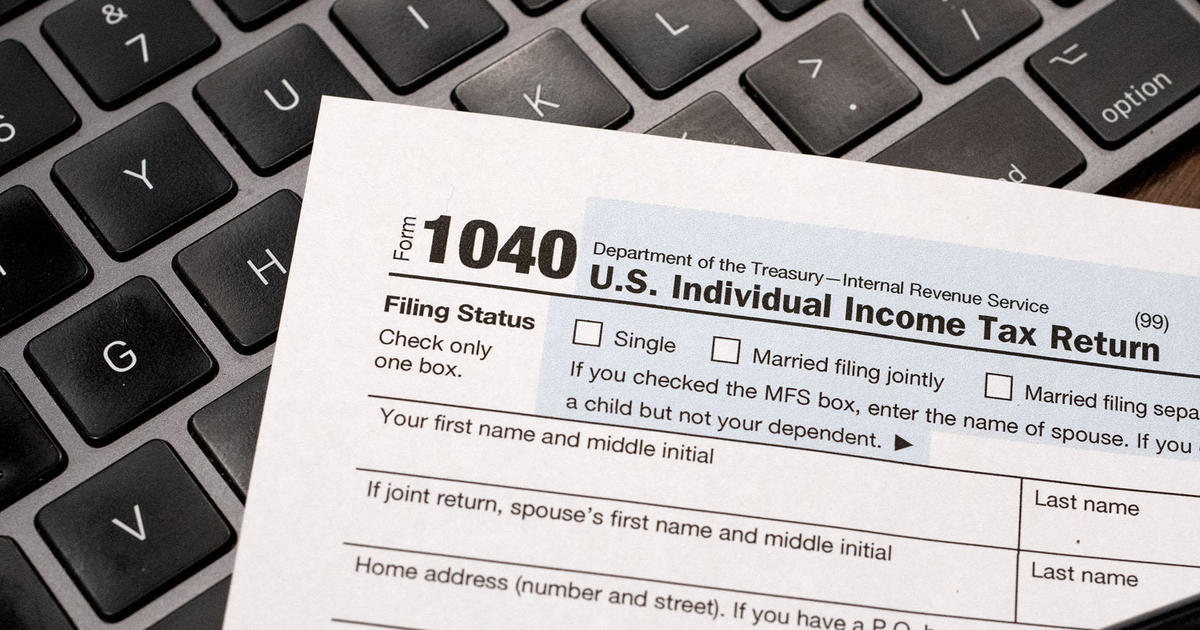Massachusetts Sees Resurgence In Jobs For Men
BOSTON (CBS) - That there's been a "man-cession" affecting male employment during the tough economy is undeniable.
Job data during the recession show that a disproportionate number of men lost their jobs during the past three years in Massachusetts, due largely to the heavy blow that blue-collar, traditionally male-dominated sectors absorbed as the economy stumbled — hitting manufacturing, construction and financial services hard.
But fresh local and national numbers reveal that employment among guys is gaining ground again, and it is now actually women who are experiencing disproportionate job losses.
Indeed, a "he-covery" seems to be afoot.
Year to date, about 35,000 jobs have been added to the state's economy, and two-thirds of those jobs went to men, according to local area employment statistics.
Job gains made in both manufacturing and construction have helped to fuel the "he-surgence."
In May, the state's manufacturing sector gained 900 jobs and the construction sector added 1,000 jobs, according to the most recent report from the Executive Office of Labor and Workforce Development.
Lisa van der Pool of the Boston Business Journal reports
"It's been overwhelmingly a male recession. But men are beginning to pick up jobs again," said Andrew Sum, director of the Center for Labor Market Studies at Northeastern University, who has done extensive research on the affect of the economy on male employment.
Nationally, male employment has increased by close to 1.7 million since January 2010, and in the past 12 months 686,000 men have landed jobs. Conversely, during the past 12 months women have had a tougher time, actually losing 85,000 jobs, according to the human resources consultancy Chicago-based Challenger, Gray & Christmas Inc. and the U.S. Bureau of Labor Statistics.
The change in fortunes for women seems to be due in part to the massive shedding of government jobs as agencies cut costs.
Locally, the state lost 2,600 government jobs in May, and the private sector lost 1,400, according to the Executive Office of Labor and Workforce Development.
"Whereas the private sector has come out of the recession, the government sector is still in the recession — that is a sector that seems to be more female," said John Challenger, CEO Challenger, Gray & Christmas.
Indeed, women represent about 57 percent of the 22.1 million Americans who work at government jobs, according to the BLS.
Still, male employment in the state has a long way to go before it gets back to pre-recession levels, said Sum, and women still have the advantage jobs-wise, as the male unemployment rate in the state is 9.3 percent and the female unemployment rate is 5.9 percent.
In Massachusetts, male employment dropped by 108,000 from 2007 to 2010, while female employment increased by 49,000 during the same time period, Sum said.
"Men are still well below where they were in 2007," he said.
The fact that a shift seems to have occurred recently where more women are losing jobs simply speaks to the fact that the female-dominated public sector was slower to start making cuts, said Tracy Burns-Martin, executive director of the Northeast Human Resources Association in Waltham. Burns-Martin also noted that members of certain demographics among female workers who lost jobs, like single mothers, are more likely to stay unemployed for longer because they don't have the resources, like a supportive spouse, who would bolster them during an aggressive job search.



